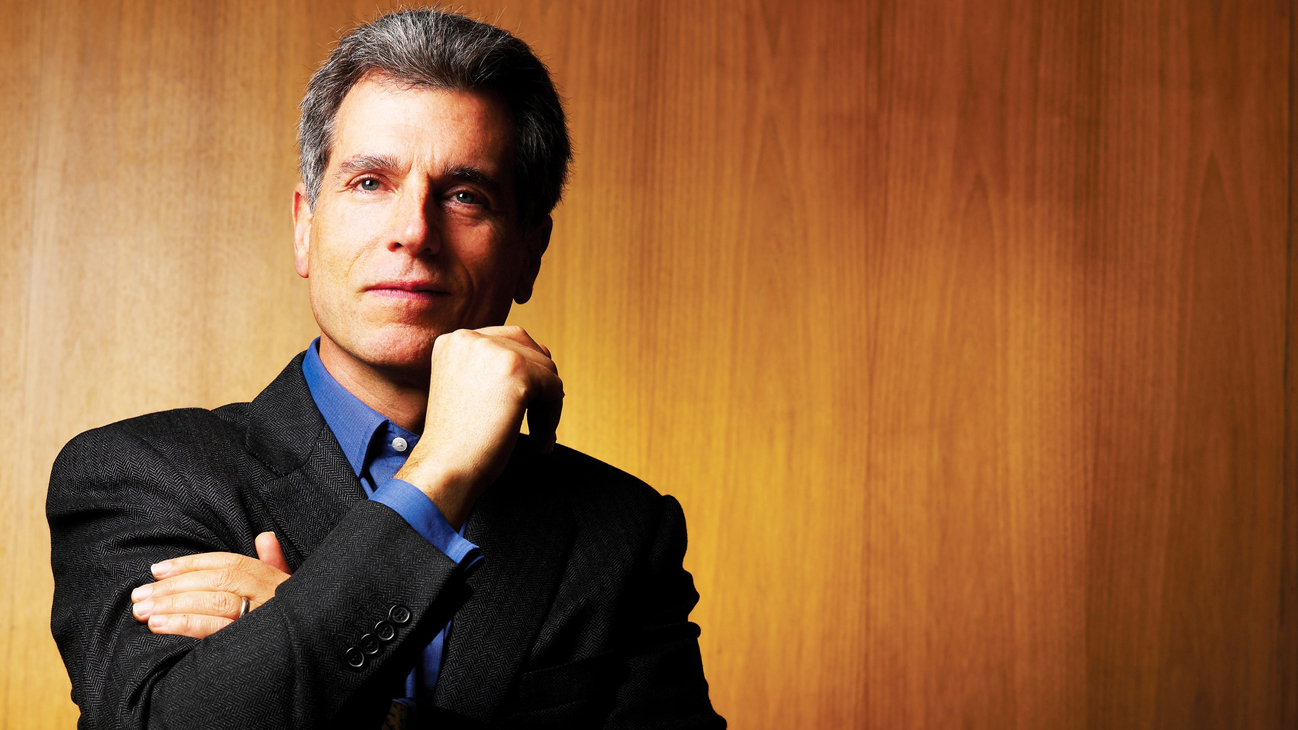Bestselling author of The Ingenuity Gap, Dr. Thomas Homer-Dixon shows audiences how to adapt and prosper in a world of ever-increasing complexity, speed, and surprise. Called “one of the best-informed and most brilliant writers on global affairs today” by The Guardian, he uses clear and simple language to help audiences understand how the world is rapidly changing and what that means for our future.
He appeared in a recent Calgary Herald article with a warning for Alberta and its economic future—specifically that it’ll be in peril if it doesn’t move away from fossil fuels. Here’s some of that piece:
“We need to shift our market from exporting stuff to exporting ideas and engineering expertise,” Homer-Dixon, a professor at the Balsillie School of International Affairs, said Tuesday at Edmonton’s Spark clean technology conference.
“The folks who think that we can just wait a while and get back to the status quo ante with oil around $100 (per barrel), and that the climate change problem will just go away or not be so bad … they’re living in la-la land.”
Homer-Dixon described bitumen as “junk energy” because it requires so much input to produce, and argued in 30 or 40 years the major investment of money, infrastructure and political and social support for this area will be seen as a mistake.
Although the International Energy Agency forecasts growing demand for Canadian oil, at least one-third of all vehicles sold in the world are predicted to be electric by 2040, so the transition to other fuels might happen faster than expected, he said.
Exporting ideas rather than resources will require measures to ensure the benefits are shared by all parts of the province and all workers, not just people who are highly trained and educated, he said.
“Alberta can either say, ‘We’re not going to listen to this, we’re not going to think about this, we’re just going to keep going with more of the same’ … and there will be a cliff edge (and) Alberta will find itself completely out of luck at that point,” he said.
“Or it can proactively start planning, and aggressively start innovating and investing in new pathways.”
Read the full article here.

